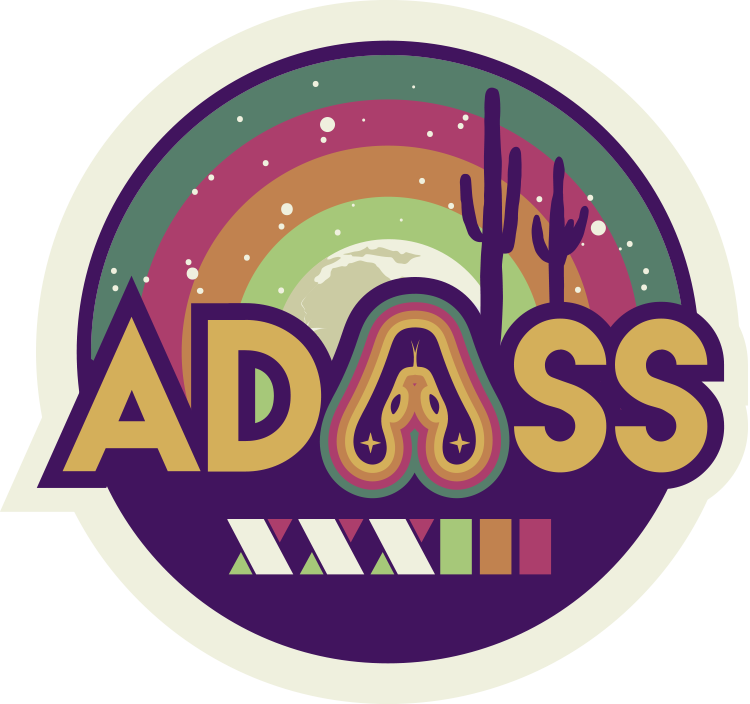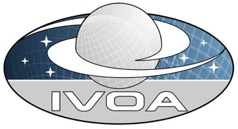ADASS posters are displayed all week
When
Theme: Ground and space mission operations software
ESA's PLATO mission, short for PLAnetary Transits and Oscillations, is a multi-decade, multi-nation space mission searching for earth-like planets around sun-like stars and to advance the field of stellar physics. Software development teams working on the science ground segment for PLATO face the well-known challenge of writing scientific code that shall be of high quality and thus reusable by later missions.
The development efforts are further complicated by the decade long development time as well as shifting institution responsibilities and changes in staff composition. Specifications of requirements as well as algorithms evolve continuously adding to the complexity of the development tasks.
To deal with these challenges we introduced industry best practices that enable us to write maintainable and robust software in an ever-changing environment. Among others, we have selected SCRUM, Clean Code and Continuous Integration / Continuous Delivery (CICD) as the foundation of our process.
In this talk we will give a high-level overview of the most valuable lessons-learned to date. We will showcase our approach to implementing Scrum as well as the benefits of starting simple, iterating on complexity and shortening our iteration cycles. Finally, we discuss how a unified development and technology stack has improved our project progress.



